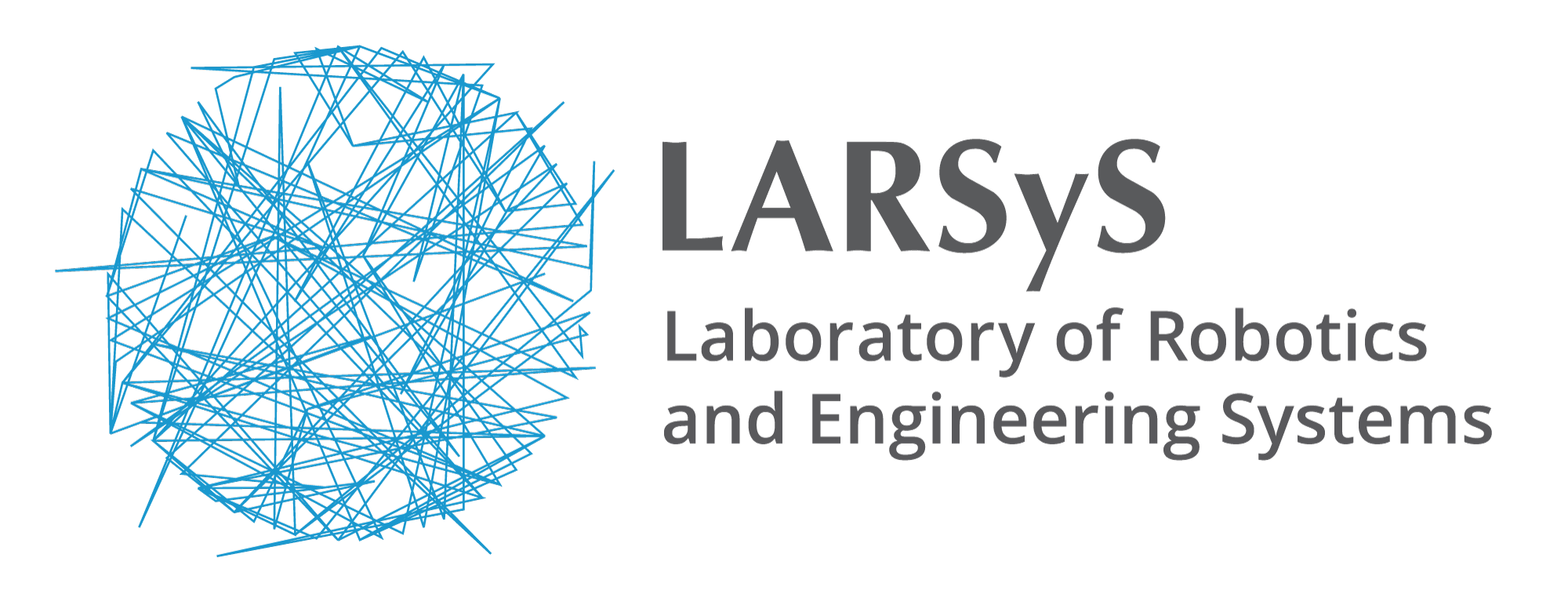Intelligent Robots and Systems (ISRg) approaches complex robotics engineering systems from a holistic standpoint, rather than focusing on their subsystems. These contributions led to 8 PhD theses awarded in 2013-17(2 jointly awarded with EPFL, one within the MITPortugal program).
Cooperation (among agents/robots) and collaboration (among robots/humans) arise naturally as the group current major research topic overall. Our distinctive feature is to bring together people with a common background on systems theory, but different approaches to intelligent systems, coming from:
- artificial intelligence: probabilistic planning, machine learning, social and cognitive systems and architectures;
- systems and control: modeling, analysis and synthesis methods, discrete-event systems and estimation theory.
The IRSg research is driven by the use of formal approaches in challenging, real-life problems and applications. Some of the challenges came from scientific robot competitions, such as RoboCup or the European Robotics League, where the IRSg is a major player, and won 1st prize awards (RoCKIn 2015).
We plan to continue exploring:
- the application of our research to networked and collaborative robot systems in domestic and hospital environments;
- remote handling systems in inaccessible environments, and field robots (quadcopters, land robots), notably designing and developing since 1996 the large vehicles that will provide the automatic transport of contaminated materials in the ITERInternational Thermonuclear Experimental Reactor. In 2016, we integrated an industrial consortium, led by Airbus Safran Launchers, that won the bid for a Call on this topic, launched by the European Union’s Joint Undertaking for ITER and the Development Fusion Energy (F4E).
- novel theoretical results in supervision and modeling of asynchronous event-driven POMDPs, information-reward POMDPs, scalable multi-robot cooperative perception, and general models of diverse imaging sensors (e.g cameras, laser or acoustic)
